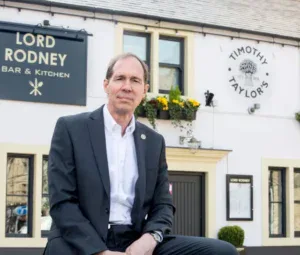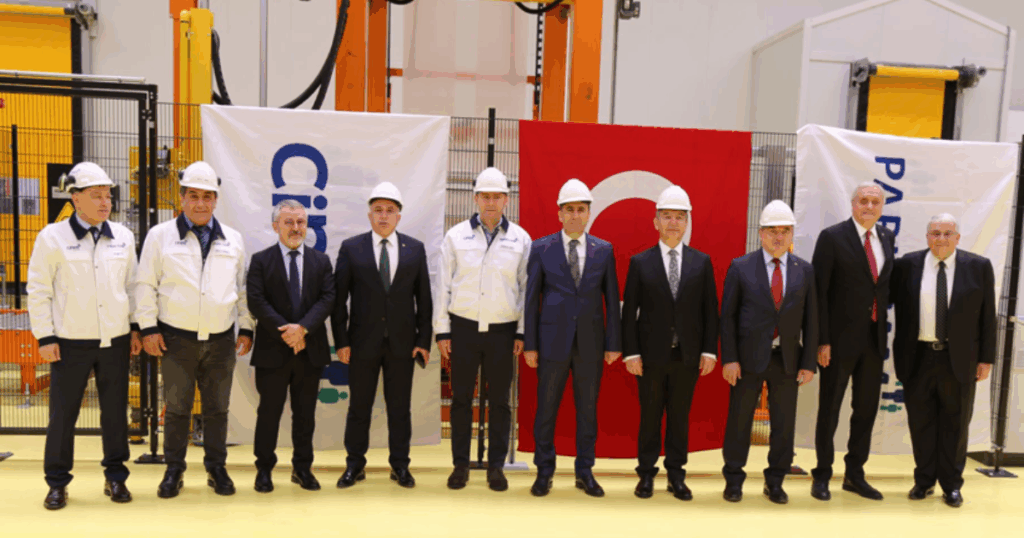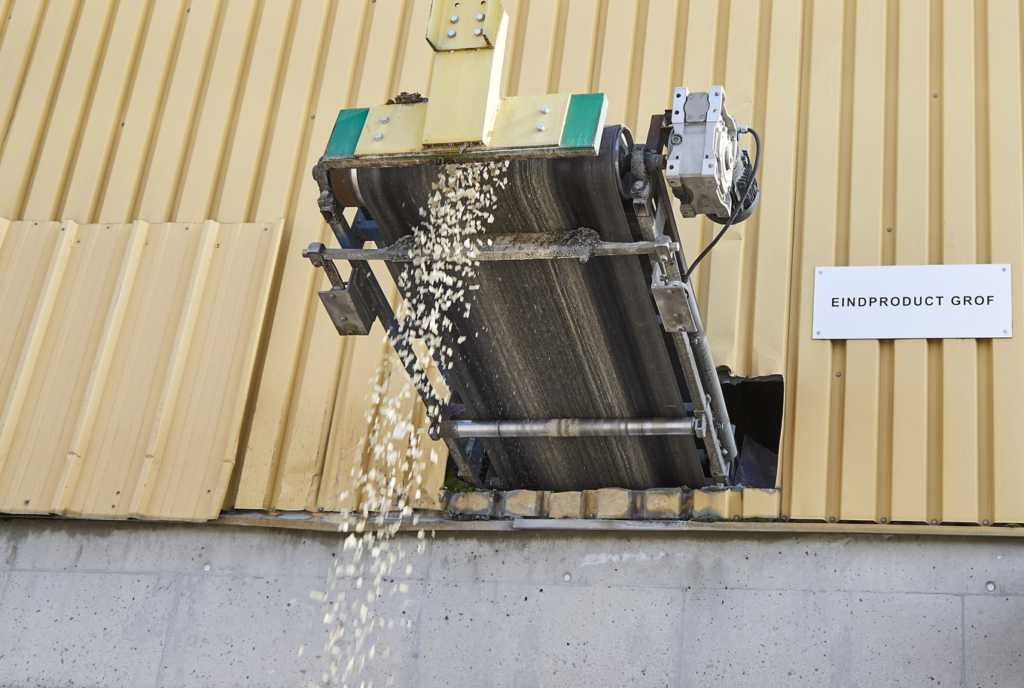As the UK moves towards the full implementation of Extended Producer Responsibility (EPR), the glass industry has been frank about its fears for its future.
The policy is designed to alleviate the cost of managing waste for local authorities, but its impending introduction has raised concerns among producers – particularly in terms of cost and practicality.
While the glass industry supports the overarching goals of EPR, industry representatives argue that the scheme needs significant improvements to ensure long-term sustainability, fair cost distribution and effective recycling systems.
Some of the most vocal amongst them is Dr Nick Kirk director of industry association British Glass and former CEO of beer company Timothy Taylors Tim Dewey.
The cost implications for the glass industry
One of the most pressing concerns for the glass industry is the anticipated cost increase that will likely result from the implementation of EPR.
Under the new system, producers will be responsible for funding the collection, recycling and disposal of their packaging materials.

Dr Nick Kirk, an expert in the glass industry, fears that the material is expected to bear a disproportionately large share of the EPR costs.
Glass makes up less than 5% of the overall packaging market but could cover up to a third of the total costs of EPR.
He said: “Once the policy is in place, glass manufacturers are expected to be be responsible for up to £500 million a year. That’s a third of the cost of EPR.
“The concern is that such a heavy financial burden could lead to price increases in glass-packaged goods, ultimately being passed on to consumers.”
As Kirk noted, the glass sector is already facing competitive pressures from alternative materials such as plastic and low-cost imported glass packaging, and these added costs could further push brands to consider cheaper packaging options.

Tim Dewey, the recently retired CEO of Timothy Taylors, echoed these concerns, noting that businesses would likely struggle to plan for these changes without clear cost projections from the government.
He stressed: “In an ideal world, I feel they should delay the implementation until they’ve given us the final cost at least a minimum of 120 days before.
“Without adequate time to prepare, companies could face significant commercial challenges – especially in negotiations with retailers.”
The need for clearer timelines and transparent costs
Both Kirk and Dewey agreed that the lack of transparency and clear timelines from the government is another major issue.
Dewey argued: “They need to get the final costs out ASAP as businesses require a solid basis for negotiations.
“If the government continues to provide only estimates rather than finalised figures, the glass industry risks being caught in an ongoing cycle of uncertainty.”
With producers first payments due in October this year, it seems unlikely that anything will be changed at this late stage.
Kirk said: “We’ve got to continue to lobby as, from my experience, the government never shows its cards until they actually announce something.
“So, we’ll continue to push our message on the impact on UK glass packaging production and I hope that Ministers and Defra will reflect and realign the EPR policy for the sake of the environment and the UK economy.”
The glass industry remains in a state of anticipation as it hopes for a more workable solution.
The industry’s support for reuse initiatives
Dewey and Kirk highlighted that the glass industry continues to support initiatives that promote reuse and sustainability.
Glass is a material well-suited for reuse, as it can be recycled multiple times without losing quality.

However, Kirk pointed out that the UK does not yet have a national reuse system, and establishing such a system could take up to a decade, commitment from the full supply chain and involve substantial financial investment.
While the glass industry supports reuse in principle, its immediate focus is on navigating the interim period during which both the deposit return scheme (DRS) and EPR policies are being rolled out.
The hope is that these schemes will evolve over time to integrate more sustainable and cost-effective solutions, ensuring that the glass industry can thrive while contributing to the UK’s environmental goals.
A call for improvement
While the glass industry fully supports the objectives of EPR, there is a clear consensus that these policies need to be improved.
Dewey and Kirk feel that the current proposals place an uneven financial burden on glass producers, and the lack of clarity around costs and timelines makes it difficult for businesses to prepare effectively.
They are advocating for a more transparent, cost-effective approach to recycling, with a focus on creating systems that balance environmental goals with practical considerations.






Subscribe for free